Deregulation of the Medicare Program: CRF Proposes Solutions to Healthcare Challenges
- Staff Writer

- Jun 13, 2025
- 2 min read

The Centers for Medicare and Medicaid Services (CMS) has launched a review of regulations that burden the healthcare system, as mandated by Executive Order 14192. The order requires CMS to identify regulations that hinder efficient healthcare operations. In response, CRF submitted a memorandum advocating for reforms to foster decentralized decision-making and ensure CMS operates within its Congressional and constitutional authority.
CRF’s memorandum flagged programs like the Medicare Drug Price Negotiation Program, citing potential constitutional issues. It also criticized inefficient reporting and appeals processes that burden healthcare providers and patients, increasing costs and delaying care. CRF urged CMS to eliminate these and other problematic regulations to enhance healthcare delivery, lower costs, and better align with Congressional and constitutional mandates.
The Medicare Drug Price Negotiation Program and Drug Costs
The Medicare Drug Price Negotiation Program, enacted through the Inflation Reduction Act, aims to reduce prescription drug costs for Medicare beneficiaries by mandating that manufacturers of certain single-source drugs and biologics under Medicare Parts B and D negotiate maximum fair prices with the Centers for Medicare and Medicaid Services (CMS).
Challenges of the Prior Authorization and Appeals Process
The prior authorization system poses significant administrative challenges for providers, as it delays access to FDA-approved treatments due to opaque, non-medical criteria set by insurers. Compounding this, the appeals process is complex and time-consuming, often failing to ensure meaningful due process and effectively shifting medical decision-making to unaccountable administrative entities.
Inefficient Federal Preclearance Requirements
Federal preclearance requirements mandate that states obtain CMS approval before implementing changes to their Medicaid programs to secure reimbursement. This process can hinder providers’ ability to introduce new treatments or adopt innovative practices, often prioritizing established methods over timely advancements. These regulatory hurdles collectively impede efficient healthcare delivery and innovation, raising concerns about their impact on patient care and provider operations.
What’s to be Done?
Eliminate Bureaucracy
CMS should pause and reassess the Medicare Drug Price Negotiation Program. A program that imposes coercive price controls that discourage research, destabilize markets, and shift innovation offshore. CMS should also streamline prior authorization by curtailing requirements for established treatments and simplifying appeals with strict timelines and automatic approvals to prioritize efficient medical judgment over bloated bureaucracy. The program must further eliminate federal preclearance delays to expedite the integration of new technologies into Medicare, deferring to private sector and FDA evaluations to enhance patient access to innovative treatments.
Streamline Medicare Drug Price Negotiation Program
To reduce administrative burdens and align with its statutory and constitutional role, CMS should freeze or reform the Medicare Drug Price Negotiation Program. CMS must streamline or eliminate cumbersome prior authorization and appeals processes, reform federal preclearance requirements, thereby fostering innovation, empowering physicians and patients, accelerating new treatment adoption, and prioritizing patient care over bureaucracy.








.png)




_gif.gif)